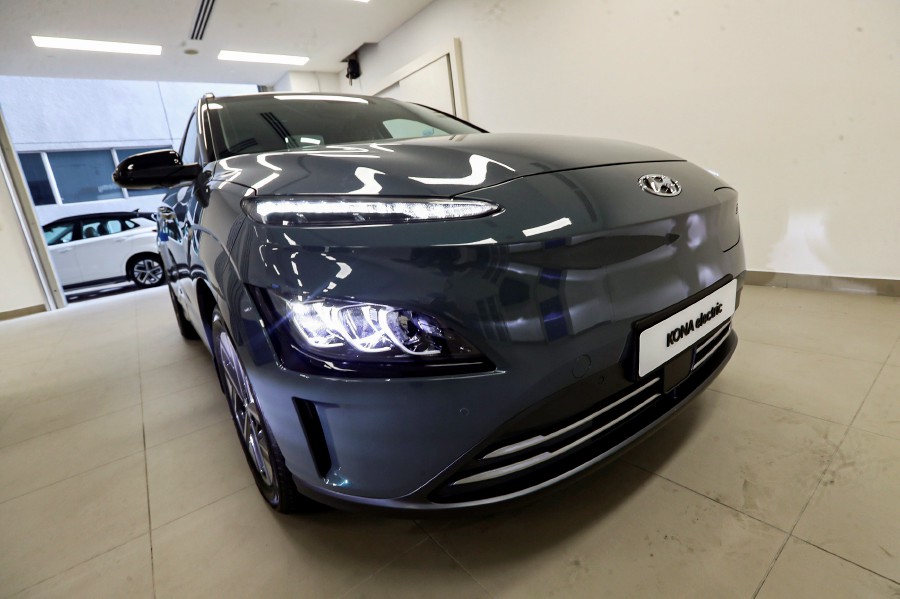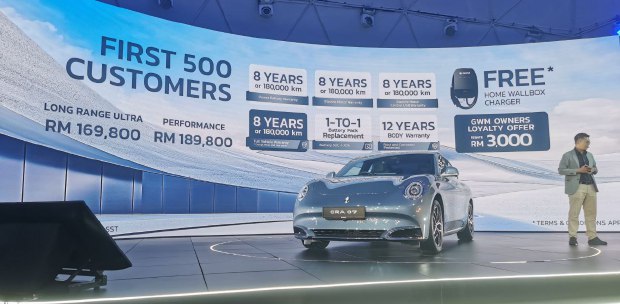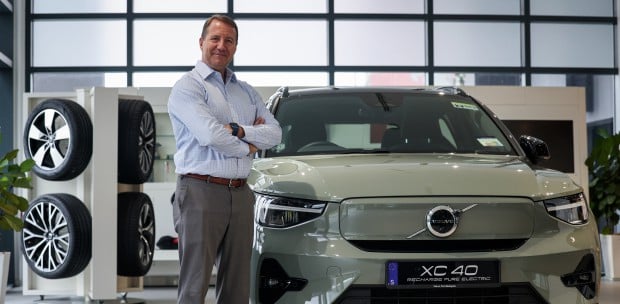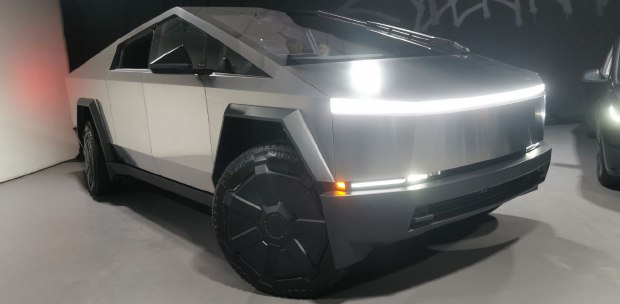KUALA LUMPUR: Hyundai-Sime Darby Motors Sdn Bhd (HSDM) has unveiled its first fully electric vehicle (EV) in Malaysia - the Hyundai Kona Electric - set to be available in the first quarter of next year.
The highly anticipated EVs are priced from RM149,888 for Kona e-Lite; RM169,888 for Kona e-Plus; RM169,888 and RM199,888 for Kona e-Max, and are fully exempted from import and excise duties, sales tax as well as road tax as announced in Budget 2022.
The e-Lite is equipped with a 39.2-kilowatt hour (kWH) battery with 7.2 kW onboard charge (OBC); the e-Plus) utilises a 39.2-kWH battery with 11 kW OBC, and the e-Max is powered by a 64-kWh battery with 11 kW OBC.
The e-Lite and e-Plus' batteries support a driving range of up to 305 km and 484 km for the e-Max variant. With a direct current fast charging feature, they are capable of bringing up battery levels from zero to 80 percent in less than an hour.
Conventional alternating current charging of the battery will take approximately 6.5 hours ( e-Lite), 4.5 hours (e-Plus), and 7.5 hours (e-Max) for a full charge, HSDM said in a statement today.
It said the lithium-ion polymer battery is protected by an eight-year warranty, or 160,000 km, whichever comes first, in addition to a two-year or 50,000 km whichever comes first vehicle's warranty.
HSDM managing director Low Yuan Lung said the company has seen a lot of interest from customers for a well-thought-out EV.
"We look forward to a positive response to the launch of our first fully electric model in Malaysia," he said.
Managing director for retail and distribution of Sime Darby Motors Malaysia Jeffrey Gan said the launch of the Kona Electric reflects its strategy to be a key enabler of the transition to EVs as an important element of the automotive industry's decarbonisation efforts.
This strategy is also aligned with the government's push towards low carbon mobility by incentivising the adoption of EVs under Budget 2022. -- Bernama





